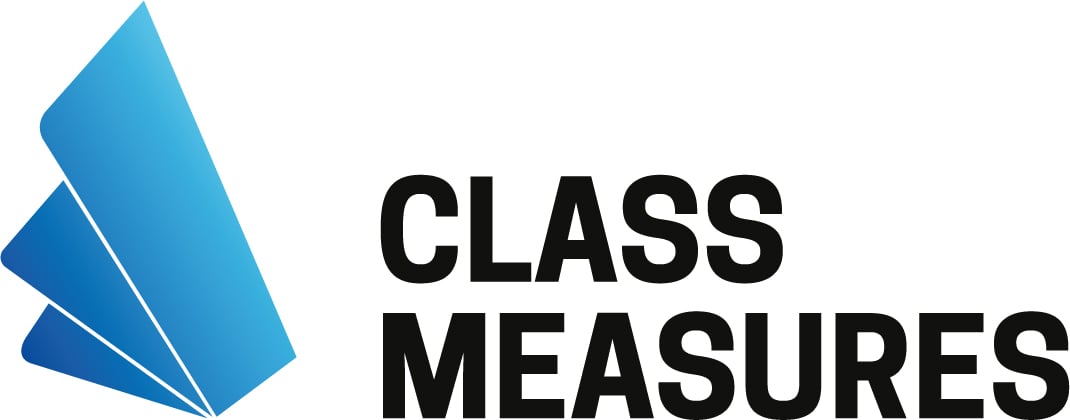In their article entitled, “Constructivism and Differentiation: Research and Practical Strategies for Assessment”, provided by the Lookstein Content Team, they detail a justification for the use of differentiated assessment in Jewish Day Schools. This perspective is continuously validated through the use of psychological and scholarly research, mainly a discussion of constructivism and instructional practices that, according to the author, best supports the acquisition of knowledge. Their premise revolves around the idea that the most effective form of instruction is one that is “hands on...that encourages students to be actively involved in learning.”
This is immediately illustrated through the use of the anecdotal presented at the beginning of the article where the instructor differentiates her assessments using alternative methodologies. Firstly, the instructor, an eighth-grade teacher at an Orthodox day school, supplements a unit on the Holocaust with activities geared towards matching student competencies/ interests with appropriately selected assessment opportunities. For example, artistic students are allowed to visually express their understanding as opposed to representing their thoughts in a standard book report. The instructor then uses higher order thinking questions to promote inquiry-based pedagogy while encouraging students to connect the material to their everyday lives. This effectively activates prior knowledge to new content, promoting critical thinking.
What rationale leads the authors to these conclusions that appear in direct contrast to what they call “traditional paradigms of teaching”? Their assertion is based on the idea that knowledge is constructed through active, culturally relevant pedagogy supported by a differentiated style of instruction. According to the author,
“knowledge is seen as developmental, socially constructed and culturally mediated...in which learners construct knowledge in developmentally appropriate ways and that real learning requires that learners uses new knowledge and apply what they have learned.”
The authors’ dive further, posing questions revolving around whether authentic practices and active learning have a basis in the research. They provide a wealth of correlating evidence, from research studies as well as noting how American education reform has altered in light of that research, all concluding the need for instruction that authentically relates to student experiences. The subsequent strategies provided, such as group performance and accountable talk, both provide active learning opportunities which respond to student needs, thereby providing differentiated instruction. Since differentiation is commonly understood as changing the “how” to achieve the same “what”, both provided strategies allow for student choice connected to personal interest which, as illustrated by extant research, increases student achievement.
As a result, the authors provide synchronicity between this idea and the need for differentiation in the classroom that provides students tactile and engaging opportunities in which to acquire skills and content to be learned. Differentiation provides a means of reaching the culturally and linguistically diverse population, assessing students individually while achieving the same content goal.
Although developing research in cognitive science negates the idea that learning occurs in streamlined developmentally appropriate stages, it does strongly advocate for the “mind on” pedagogy and connecting new knowledge in concrete, relevant ways. Since learners come to the classroom with unique abilities and passions it is imperative that educators activate prior knowledge through a differentiated approach that meets their needs. This further validates the authors’ assertion that differentiated instruction is the most effective means of reaching all learners and maximizing the impact of instructional time.
In summary the authors of Lookstein Content Team advocate for a differentiated approach and successfully demonstrate how authentic pedagogical techniques enhance student learning. By connecting differentiated assessment strategies that meaningfully link to student interest, educators pique student curiosities and in turn magnify learning.



